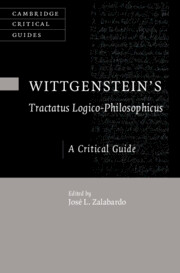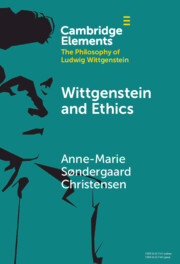In this paper I offer a novel interpretation of Wittgenstein's claim that ‘ethics is transcendental’ (TLP 6.421). Initially, I set out to offer said interpretation by resorting to both Wittgenstein's understanding of ethics and his understanding of the transcendentality of logic—which entails taking Wittgenstein as endorsing a Kantian understanding of the notion ‘transcendental’. This leads to the claim that ethics is transcendental insofar as it is the condition of a certain ethical experience. Nevertheless, this interpretation involves some inadequacies due to certain incompatibilities between the Tractatus Logico-Philosophicus and the aforementioned Kantian understanding of the notion ‘transcendental’. I identify the peculiarities of Wittgenstein's understanding of the notion ‘transcendental’, and on this basis, I set forth a novel interpretation of 6.421. Specifically, I argue that ethics is transcendental insofar as it is internal to or constitutive of a certain mystical view: viewing the world sub specie aeterni as something valuable.



